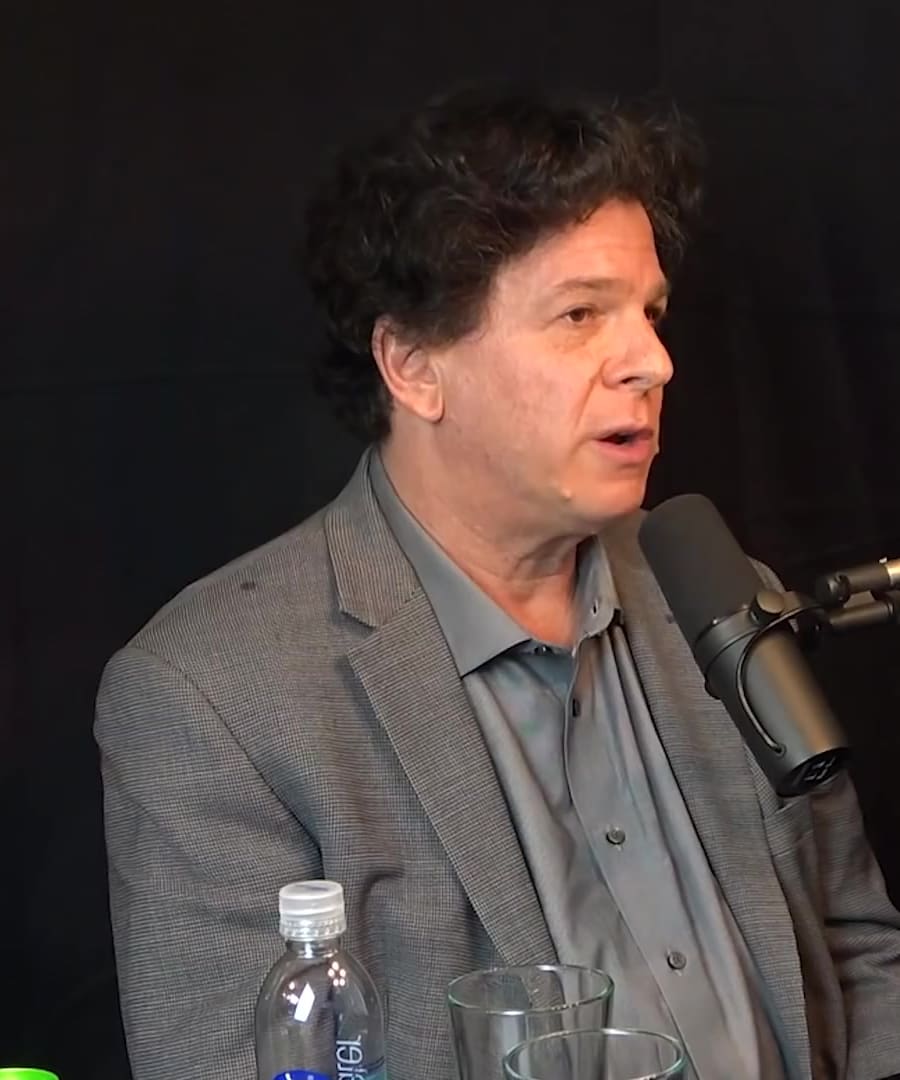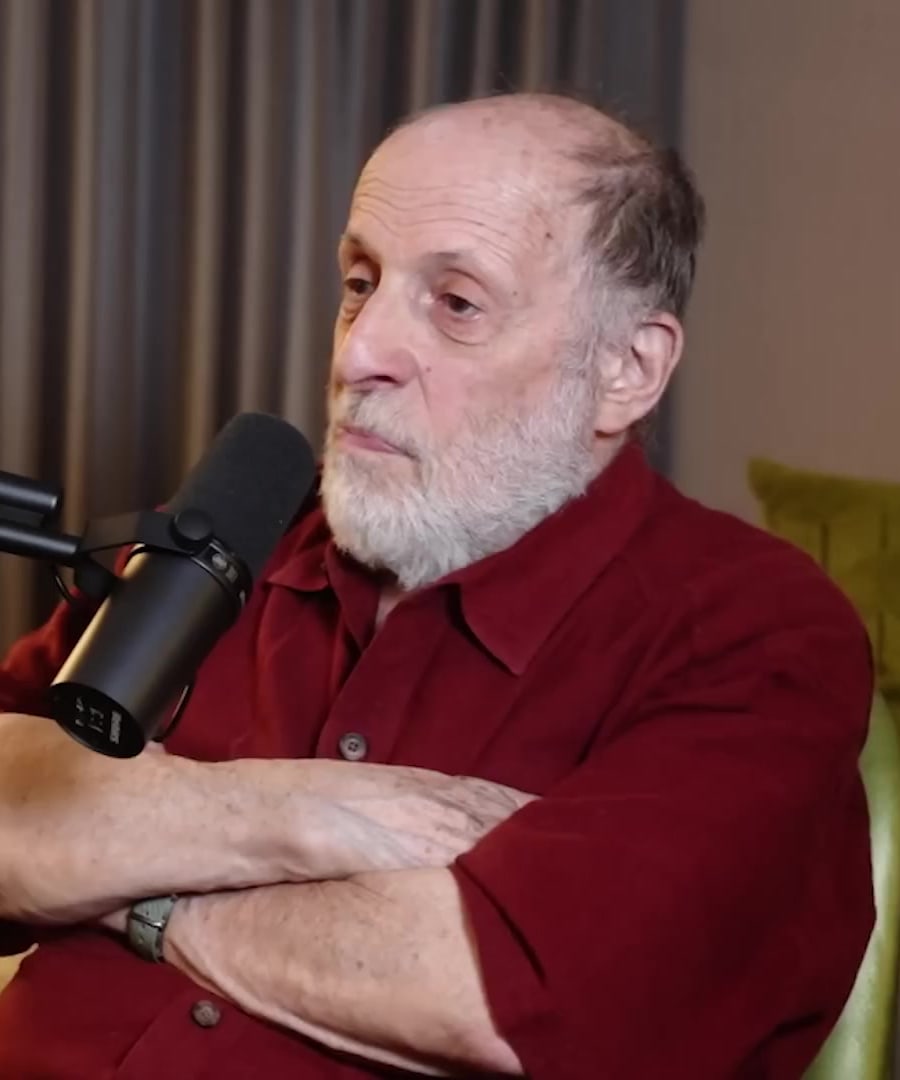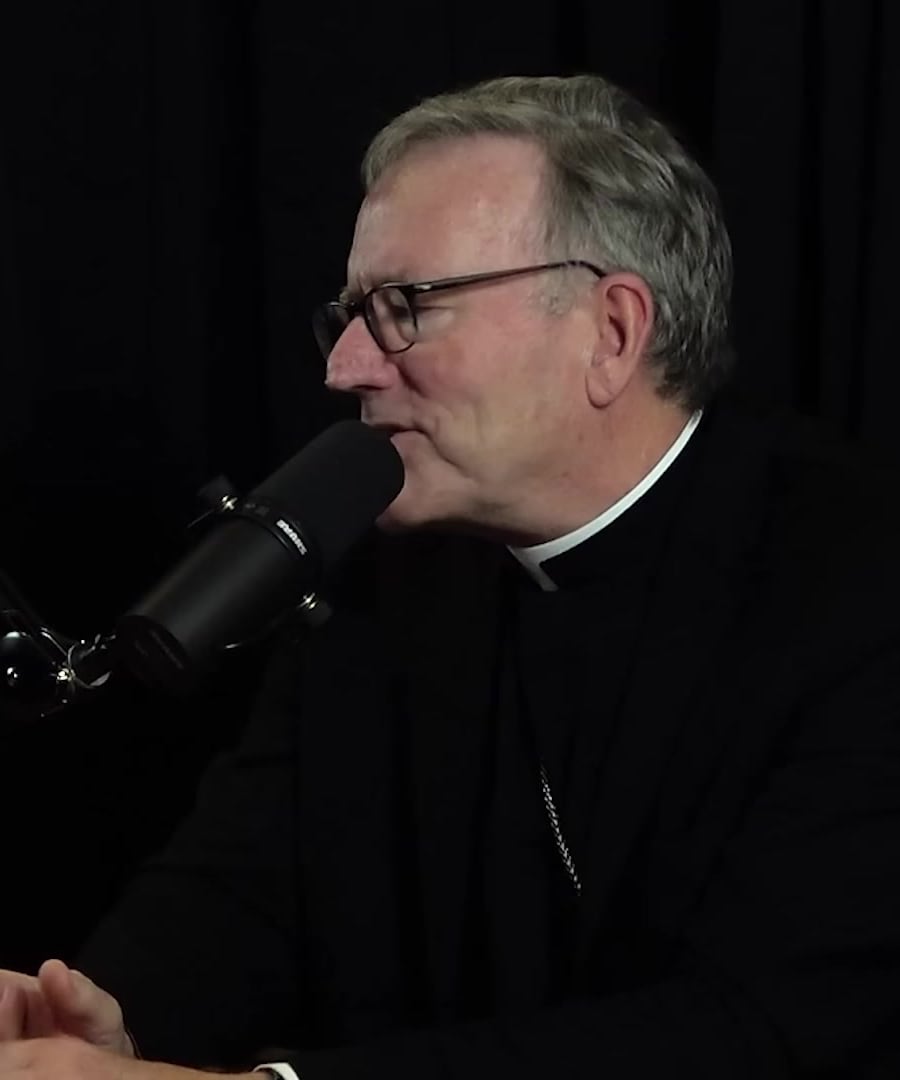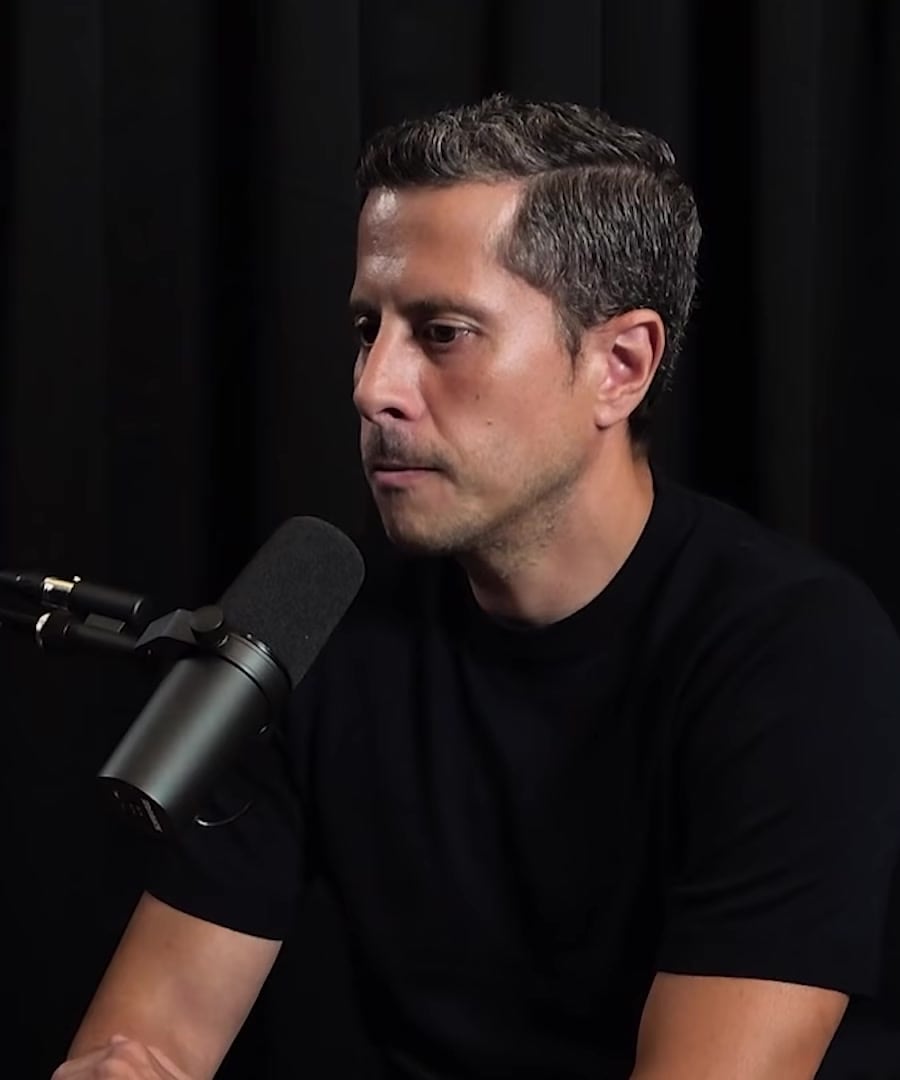Loss of Freedom
Sources:
Lex Fridman has explored the concept of "Loss of Freedom" in various discussions across his podcast episodes. Here are some insights from different episodes:
-
Academic Freedom:
- Eric Weinstein discussed the erosion of academic freedom, highlighting the control exerted over tenure, grants, and teaching loads, making it difficult for academics to maintain intellectual independence. Academic freedom was initially valued for enabling top minds to operate freely, but this has diminished significantly over time 1.
-
Free Speech on College Campuses:
- Harvey Silverglate emphasized the paramount importance of free speech, especially on college campuses. He argued that censorship on these campuses is detrimental to the educational process and hampers the development of critical thinking and the clash of ideas necessary for a transformative educational experience 2.
-
Press Freedom:
- Tucker Carlson highlighted the fear within the media industry, where journalists are pressured to conform and avoid controversial truths. He criticized the perceived lack of real press freedom in the United States and emphasized the need for courage to ensure future generations can live in a free society 3.
-
Religious and Moral Values:
- Bishop Robert Barron and Lex Fridman discussed freedom in the context of moral and religious beliefs, particularly in relation to abortion. They considered how freedom intersects with values and the potential excesses of self-determination that can lead to issues when not aligned with a disciplined pursuit of the good 4.
-
Political Structures:
- Saifedean Ammous compared monarchy to democracy, suggesting that a monarchy might offer more freedom by centering decision-making in a low-time preference leader (the monarch), who considers the long-term impacts, unlike the short-term focus of elected officials in democracies 5.
These perspectives reveal the multifaceted nature of freedom and its perceived loss across different domains and structures in society.
RELATED QUESTIONS-




